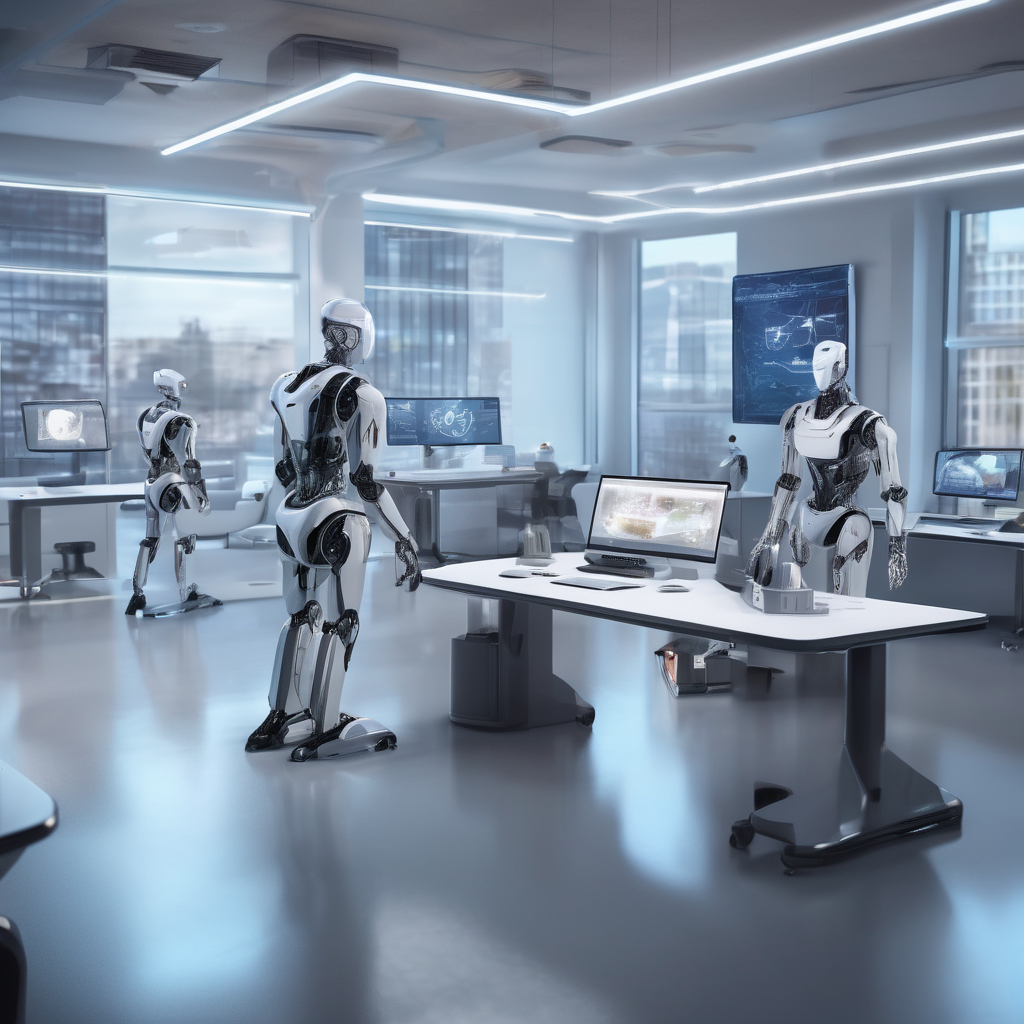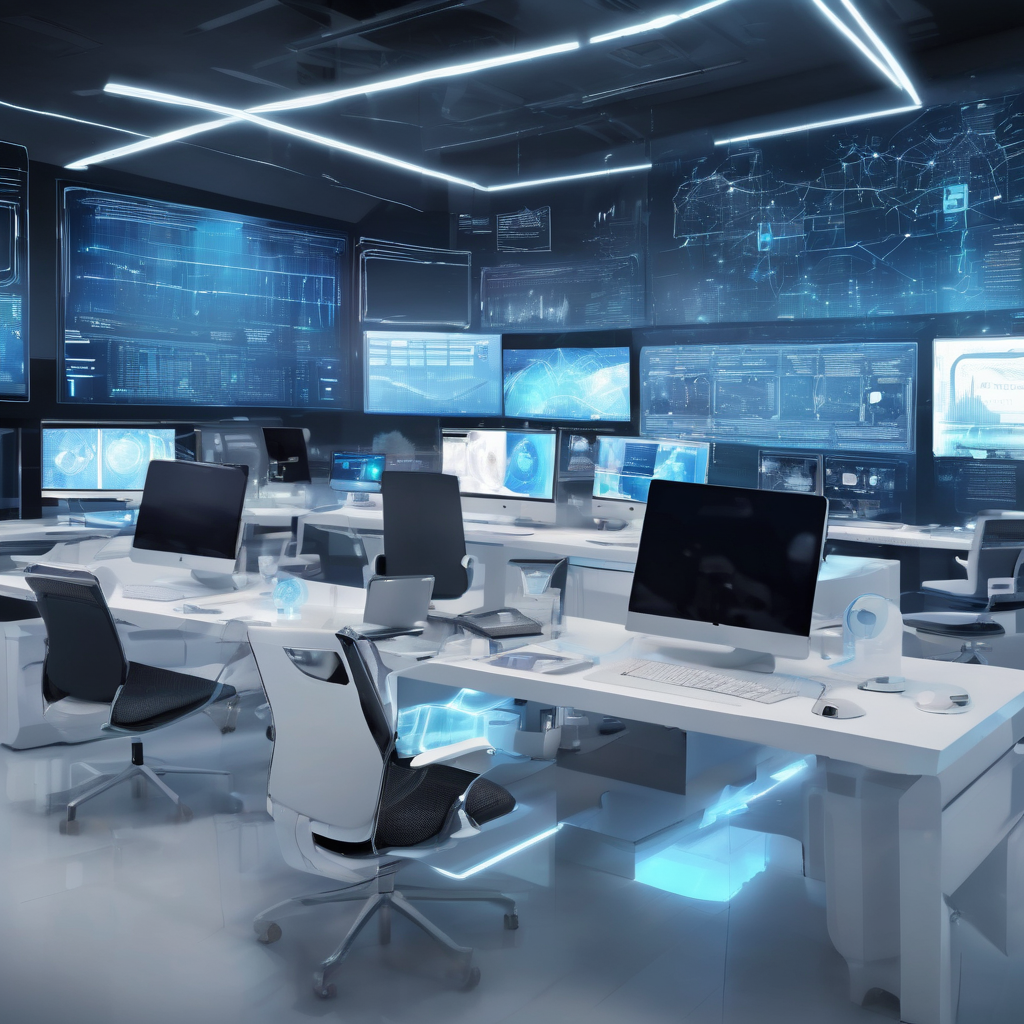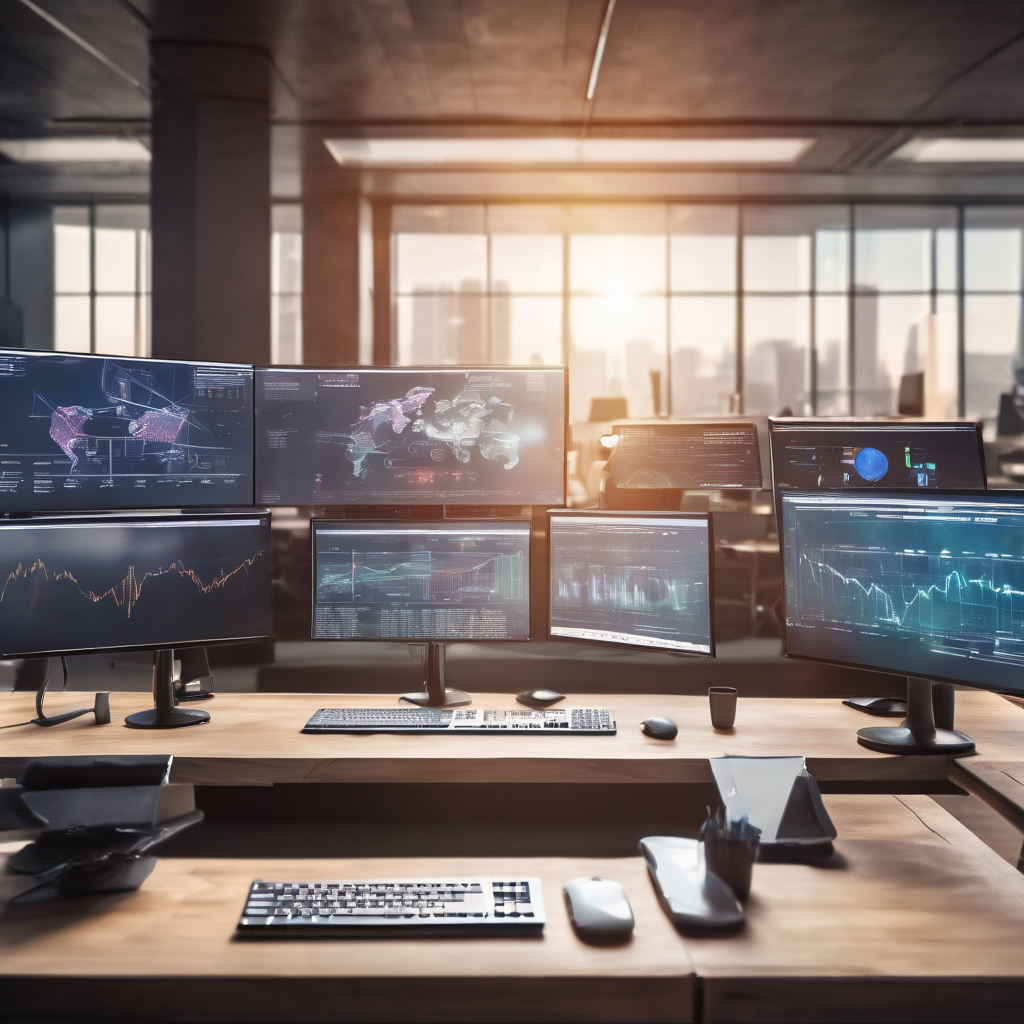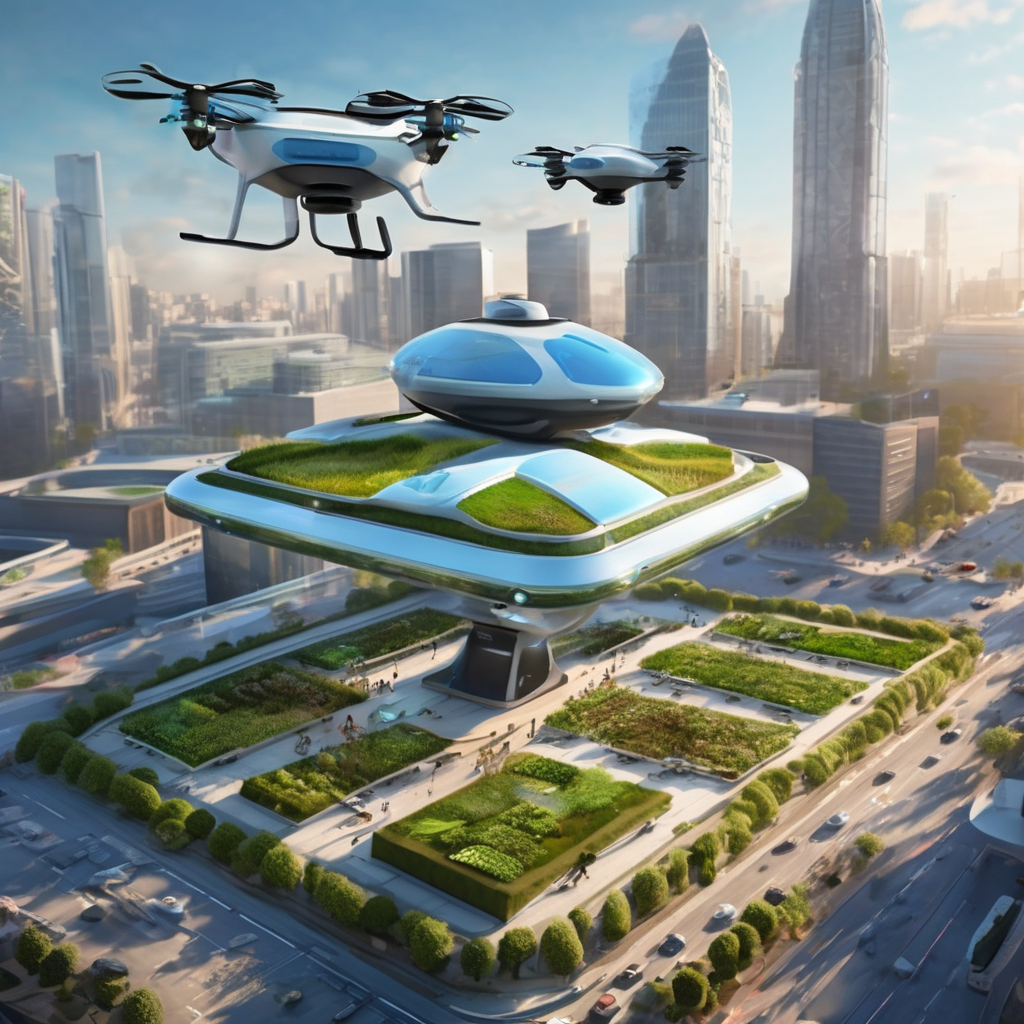
The emergence of artificial intelligence (AI) has ignited widespread debate about its impact on the U. S. workforce, prompting experts to weigh its benefits and challenges. ABC News recently explored this issue in depth with insights from Ina Fried, Axios’s chief technology correspondent, who provided a nuanced analysis of how AI is transforming employment across multiple sectors. Once confined to science fiction and advanced research, AI now influences areas ranging from customer service and healthcare to manufacturing and creative fields. Its integration enables businesses to automate routine tasks, improve decision-making, and drive innovation. However, it also raises concerns about job displacement, retraining needs, and economic inequality. Fried emphasized that while AI can boost productivity and generate new job categories, it simultaneously threatens roles centered on repetitive or predictable activities. She noted that the U. S. workforce is currently in transition, seeking to balance AI’s advantages with the socioeconomic challenges facing displaced workers. A key point was AI’s uneven impact: industries like manufacturing and transportation are more vulnerable to automation due to the repetitive nature of many jobs, whereas positions requiring complex interpersonal skills or creativity are less likely to be replaced soon. Furthermore, workers lacking access to advanced education or retraining face heightened unemployment risks. The discussion also addressed the shared responsibility of governments and corporations to mitigate AI-related workforce disruptions. Fried stressed the importance of proactive steps, including investing in education and skill development programs aligned with emerging industries.
Policies that promote lifelong learning and vocational training are critical to equipping workers for a swiftly changing job market. Additionally, she underscored the need for ethical frameworks guiding AI deployment—highlighting transparency, data privacy, and equitable access as essential to preventing technology from deepening existing inequalities. Beyond workforce implications, AI’s rise prompts broader societal questions about the future of work and human-machine collaboration. Experts like Fried advocate for a future where AI complements, rather than replaces, human labor—boosting productivity while preserving human judgment and creativity. This vision supports using AI to manage mundane tasks, enabling workers to concentrate on strategic and innovative roles. In summary, ABC News’ segment with Ina Fried offers a comprehensive overview of AI’s complex role in reshaping the U. S. workforce. While AI presents significant opportunities for economic growth and efficiency, it demands careful strategies for workforce transition, education, and ethical governance. As AI technologies continue to evolve and integrate into daily life, sustained dialogue and collaboration among policymakers, businesses, and the public will be vital to maximize benefits while minimizing risks. The ongoing conversation reflects the rapid technological changes and their deep ties to economic structures. Stakeholders are encouraged to stay informed and actively engage in shaping inclusive, sustainable policies that support all workers. Ultimately, the future of work in the AI era hinges on balancing innovation with inclusivity to ensure technological advances uplift rather than undermine the nation’s workforce.
AI Impact on U.S. Workforce: Benefits, Challenges, and Future Outlook


The landscape of search engine optimization (SEO) is undergoing a profound transformation driven mainly by advancements in artificial intelligence (AI).

The social media landscape is rapidly evolving, offering brands, creators, and marketers new opportunities in 2025.

In recent years, the AI landscape has seen a notable trend: an increasing number of high-profile AI executives are leaving major tech corporations to launch their own startups.

The launch of Replify's AI Growth Engine arrives amid strong growth signals in the fitness industry despite ongoing operational challenges.

In the swiftly changing world of digital marketing, teams are increasingly adopting generative artificial intelligence (AI) to revolutionize their communication strategies.

An AI company has made a landmark advancement in last-mile delivery by beginning to deploy autonomous delivery drones in select urban areas, marking a major integration of artificial intelligence into everyday logistics and supply chain operations.

Dallas-based KISS PR has unveiled a detailed guide illustrating how artificial intelligence is reshaping SEO strategies in 2025, emphasizing the integration of strategic press release distribution to secure first-page Google rankings.
Launch your AI-powered team to automate Marketing, Sales & Growth

and get clients on autopilot — from social media and search engines. No ads needed
Begin getting your first leads today